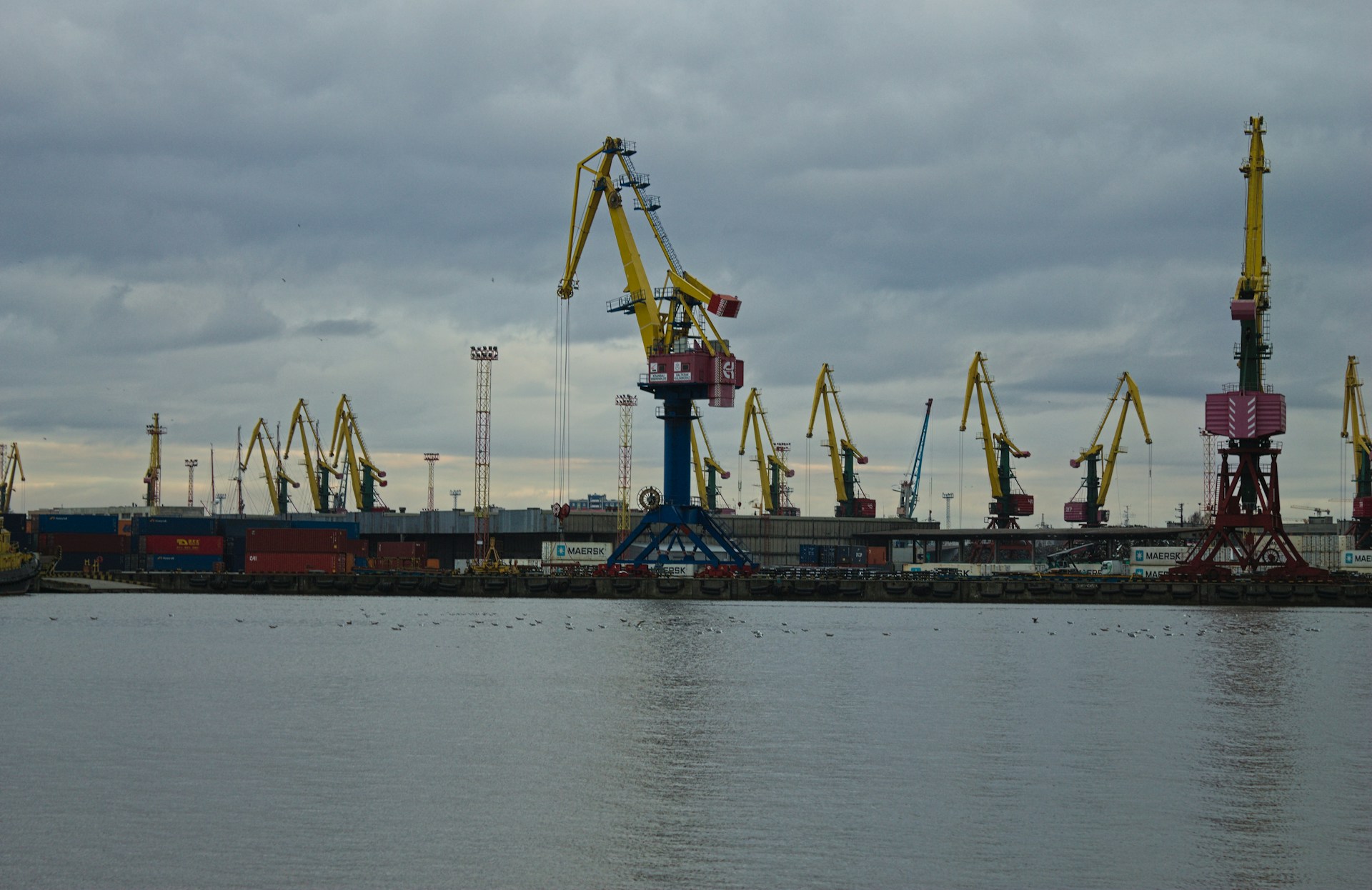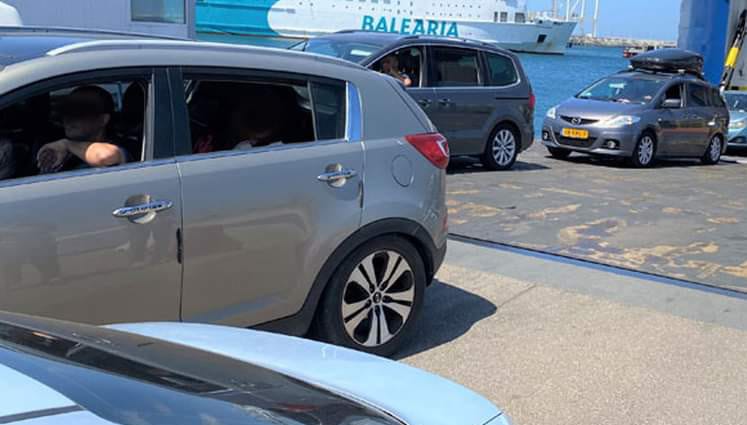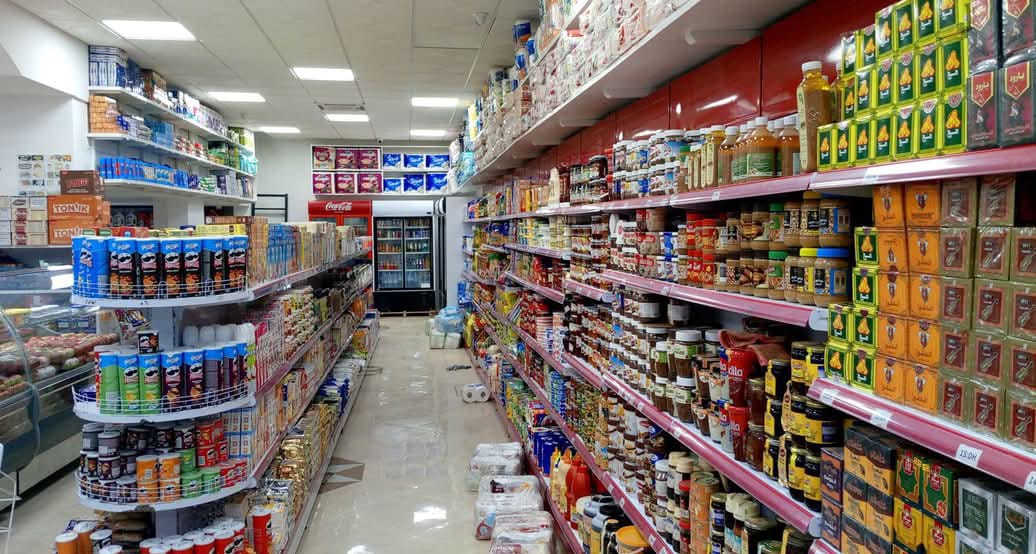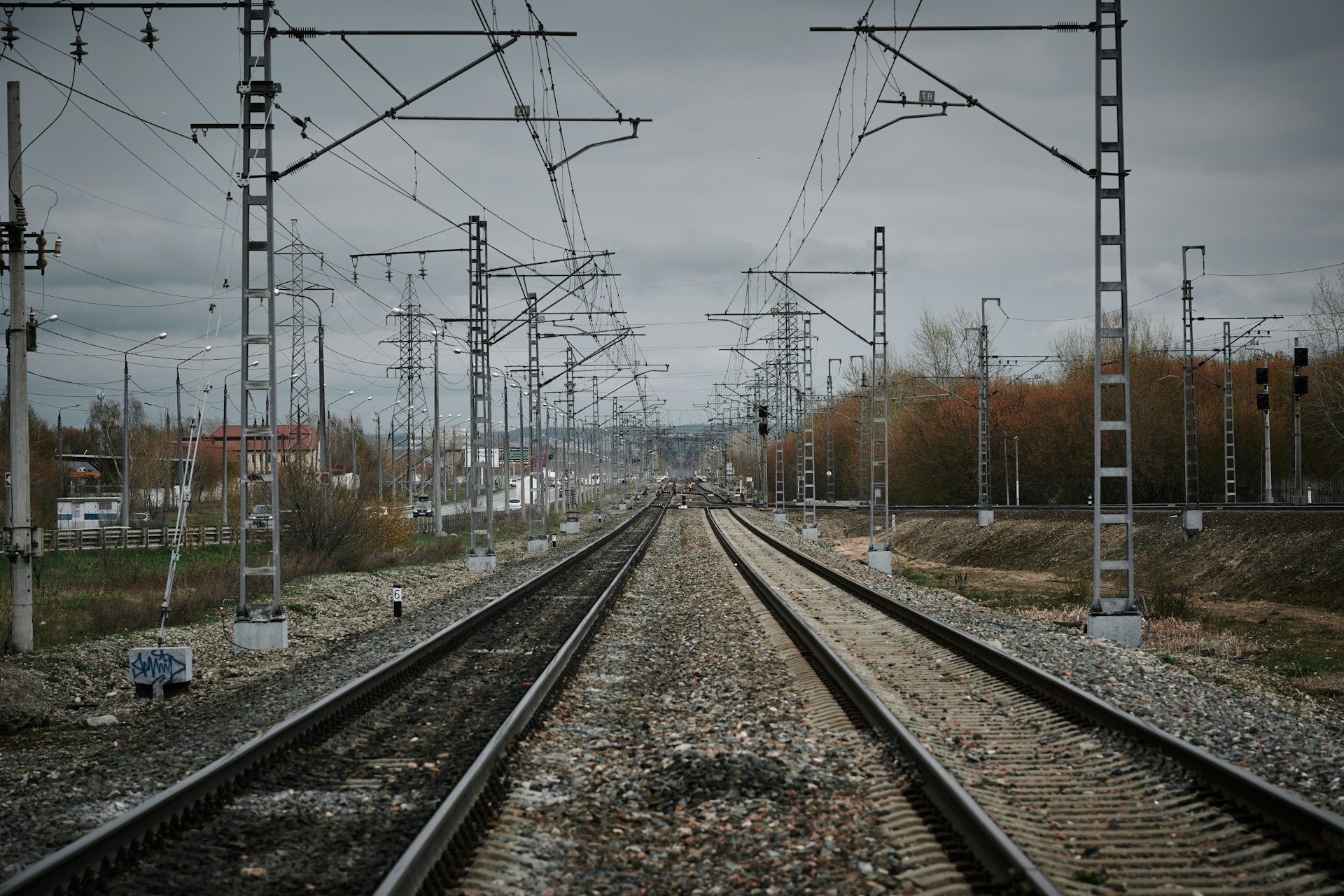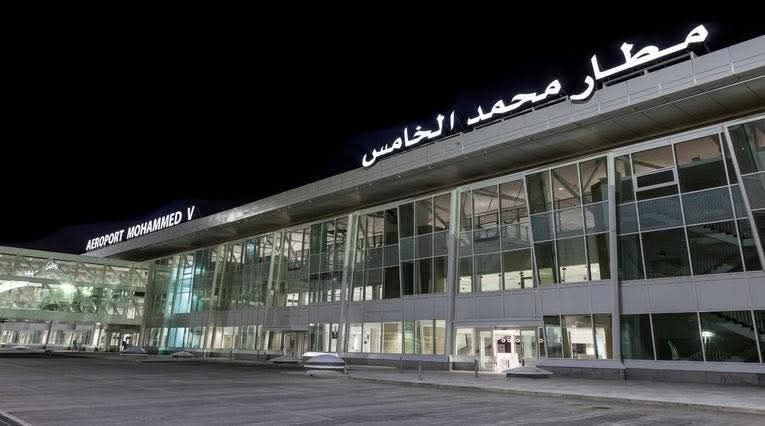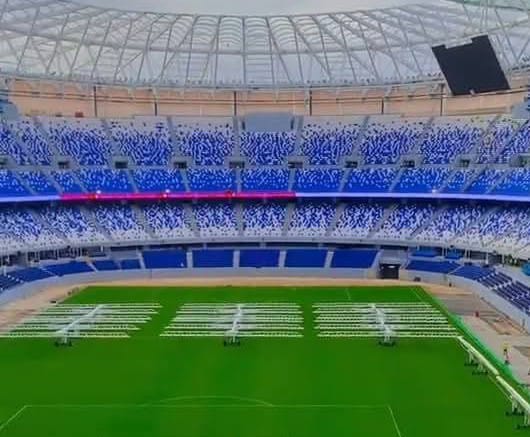Casablanca – Morocco and Russia are approaching a new phase in their economic partnership, with both sides exploring agreements that could reshape their trade and investment landscape and strengthen their presence in African and Eurasian markets. The move reflects Moscow’s growing interest in diversifying its international partnerships and expanding its economic influence beyond traditional routes.
Prospective free trade agreement
Russia has identified Morocco as one of its priority partners in an ongoing initiative to establish free trade agreements (FTAs) with 27 countries under the Eurasian Economic Union (EAEU) framework. Preliminary talks between Russian and Moroccan officials are reportedly underway to outline the foundations of such an accord, which would aim to remove barriers and expand bilateral trade.
At a major agricultural exhibition in Moscow, Russian officials highlighted the country’s intention to deepen trade with key partners, including Morocco, Egypt, India, and Indonesia. These efforts are designed to open new markets for Russian goods and foster stronger ties with countries that maintain diversified and resilient economies.
Economists in Morocco view the potential agreement as mutually beneficial. They suggest that a Morocco–Russia FTA could enhance the competitiveness of Russian goods while allowing them easier access to African markets through Morocco’s trade networks. Conversely, Moroccan exporters—particularly those specializing in fruits, vegetables, and other agricultural products—would gain a more structured entry point into the Eurasian region.
Analysts also note that Russian grain and wheat exports could strengthen Morocco’s food security by offering competitive alternatives to European suppliers. Moreover, such an agreement could include investment incentives, attracting Russian capital into Morocco’s industrial and agricultural sectors and consolidating economic cooperation between the two nations.
Bilateral investment agreement
Alongside the FTA discussions, Russia is preparing to finalize a bilateral agreement with Morocco focused on the protection and promotion of investments. The accord aims to provide a secure legal environment for investors while facilitating joint projects in sectors of mutual interest, such as energy, advanced agriculture, digital technologies, mechanical industries, and geology.
Russian economic officials have described Morocco as a key strategic partner in Africa, citing its stable institutions, well-developed infrastructure, and diversified economy. The investment protection framework would also promote joint ventures that emphasize technology transfer, industrial integration, and shared value creation.
This initiative forms part of Russia’s broader plan to double its trade volume with Africa by 2030. Moscow views the continent as a vital economic frontier with high demographic potential and is looking to expand its export base beyond energy and food to include machinery, transport equipment, and technology-driven goods.
Strengthening trade links
Trade between Morocco and Russia has expanded significantly in recent years, particularly in agriculture. Morocco has become one of the leading suppliers of fruits and berries to the Russian market. Exports include bananas, pears, mandarins, apples, lemons, grapes, pineapples, and watermelons. Between January and early August 2025, Russia imported nearly 1.3 million tons of fruits and vegetables—an 8% rise compared with the same period in 2024.
Morocco also exports a wide range of vegetables, including potatoes, carrots, cabbage, garlic, and beets, contributing to Russia’s diversified import portfolio. Russian authorities have confirmed that Moroccan products meet phytosanitary standards, underscoring the growing trust in the quality of Moroccan agricultural goods.
On the other hand, Russian agricultural exports to Morocco have surged as well. In 2024, their value tripled to around $280 million, largely driven by increased wheat sales. Morocco has also resumed imports of Russian sunflower oil after a five-year break and purchased sunflower meal for animal feed for the first time since 2015. Industry observers expect Russian agricultural exports to Morocco to soon reach $350 million, reflecting the long-term growth potential of this trade relationship.
Political and strategic context
The strengthening of economic ties is taking place within a favorable political framework. The Russian ambassador to Morocco has praised Rabat’s balanced diplomatic stance on international issues and reaffirmed the enduring strength of the bilateral partnership established under agreements signed in 2016 between the two countries’ leaders. Despite global economic volatility, the relationship has remained stable and continues to advance across trade and investment domains.
Future outlook
Experts stress that any forthcoming agreements between Morocco and Russia should adhere to a balanced, win–win approach that benefits both economies. Negotiations are expected to address technical matters, such as payment mechanisms, and may explore the possibility of conducting transactions in local currencies, following models adopted in other Russian trade agreements.
The deepening of Morocco–Russia economic cooperation marks a strategic convergence of interests. As Morocco positions itself as a gateway to African markets and Russia seeks to diversify its global partnerships, both countries stand to gain from an enhanced framework for trade and investment that could shape the next phase of their bilateral relationship.






